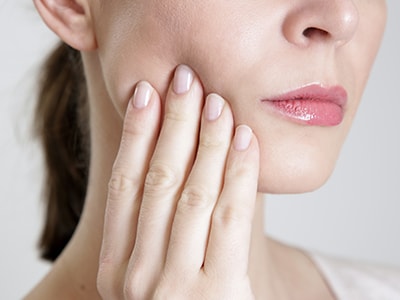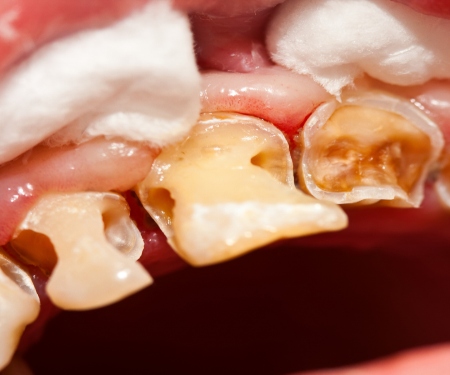Xerostomia, commonly known as dry mouth, occurs when saliva production in the mouth decreases. Although you might not always notice it, this condition can range from mild to severe.

Even if you’re unaware of your dry mouth, your dentist or hygienist may detect it during a routine check-up. Several factors can contribute to this condition, including:
- Side effects of medications
- Head and neck radiation
- Certain diseases (e.g., Sjogren’s Syndrome, Hypertension, Diabetes, HIV/AIDS, Hepatitis C, and/or Lymphoma)
- Mouth breathing
- Smoking
- Dehydration
- Tooth decay

To effectively treat xerostomia, it’s crucial to first identify its underlying cause. For instance, if medication side effects are responsible, your dentist and/or hygienist can collaborate with your physician to find a suitable alternative. Similarly, if smoking is the culprit, quitting would obviously help alleviate the condition. In cases of mouth breathing, a referral to an ENT specialist might prove beneficial.
However, when a complete “cure” for dry mouth isn’t feasible, you can take several steps to reduce the risk of rapid tooth decay. These measures include, but are not limited to:
- Increasing fluoride intake through toothpaste, rinses, and/or take-home trays
- Maintaining regular hygiene visits
- Managing diet to reduce sugar consumption
- Incorporating xylitol-containing products
- Boosting water intake
- Practicing diligent oral hygiene
It’s important to note that without addressing dry mouth, an individual can quickly progress from having no cavities to developing multiple cavities within months. Once this occurs, controlling decay becomes significantly more challenging.
Therefore, if you suspect you have dry mouth, regardless of whether you know the cause, it’s crucial to bring it up at your next dental appointment. By addressing this issue promptly, we can better preserve your dental health and prevent potential complications. Remember, early intervention is key to maintaining a healthy smile!”
References
ADA: https://www.ada.org/en/member-center/oral-health-topics/xerostomia
American Academy of Oral Medicine: https://www.aaom.com/index.php%3Foption=com_content&view=article&id=107:xerostomia&catid=22:patient-condition-information&Itemid=120

